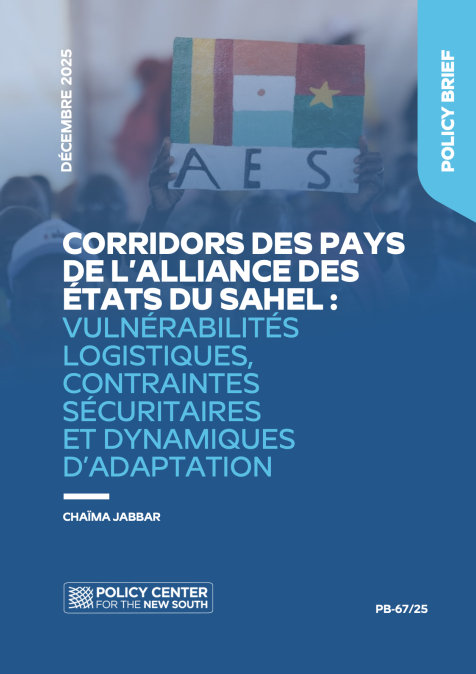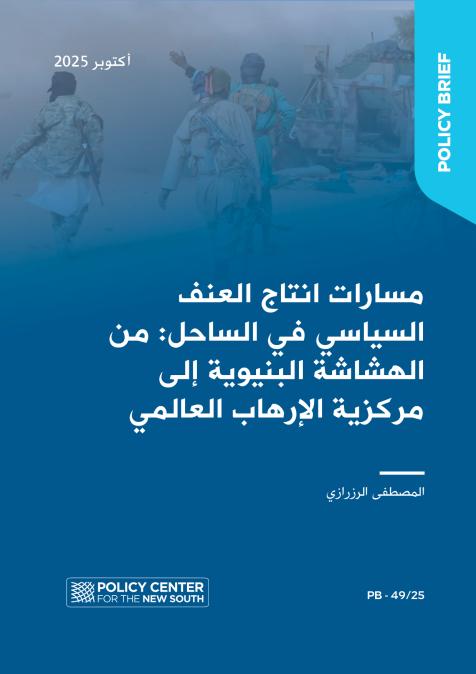ADTV 2019| Ángel Losada and Mohamed Znagui Sid ’Ahmed Ely : Growing challenges in the Sahel
December 14, 2019
Speakers

Angel Losada
Ambassador, EU Special Representative for the Sahel
Angel Losada (Bern, 1953) is a Spanish diplomat who serves as EU Special Representative for the Sahel. He graduated in Law at the University of Navarre with Honours. He started his career at NATO when Spain joined the organisation and has a wide experience in multilateral affairs after his relevant posts in the Spanish Mission to the UN (1990-93) and NATO itself (1996-2000). He has also worked in conflict situations after serving as Spanish Ambassador to the ISAF Command Chain in Afghanistan after the end of the war (2004-2005). Mr Losada occupied other significant
post in the Spanish Diplomatic Service such as Ambassador in Nigeria (2006-11) and Kuwait (2011-14). After working as Spanish Ambassador at Large for Libya and the Sahel, he was named EU Special Representative for ...










